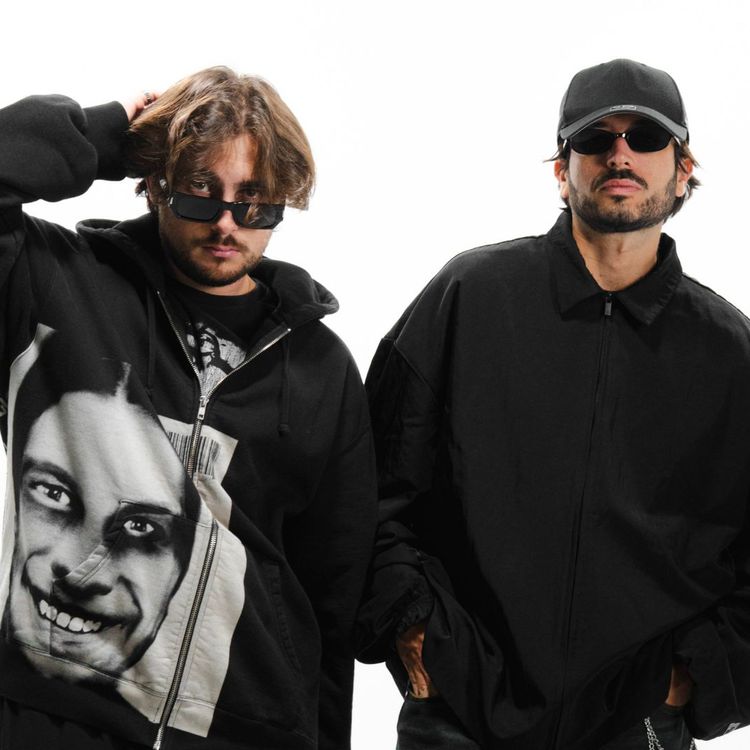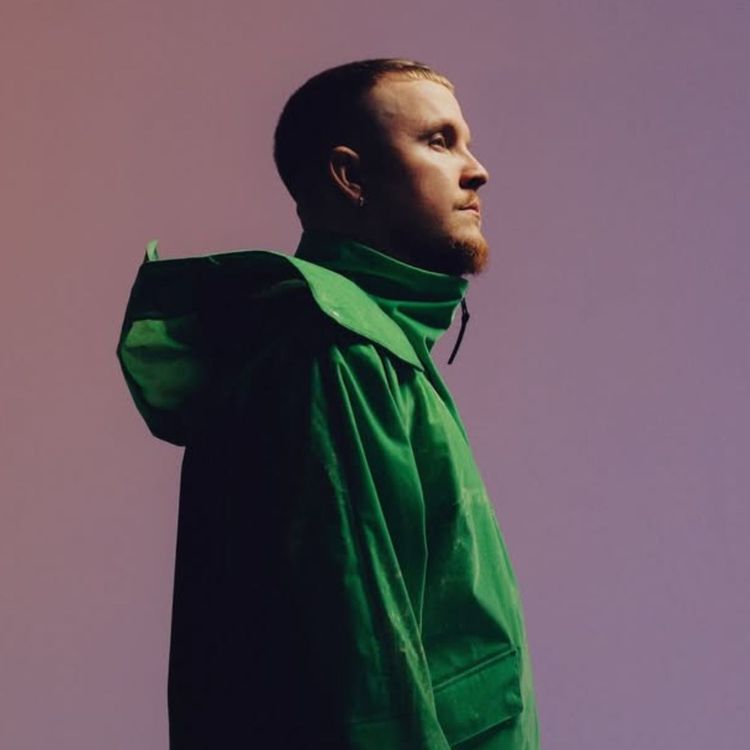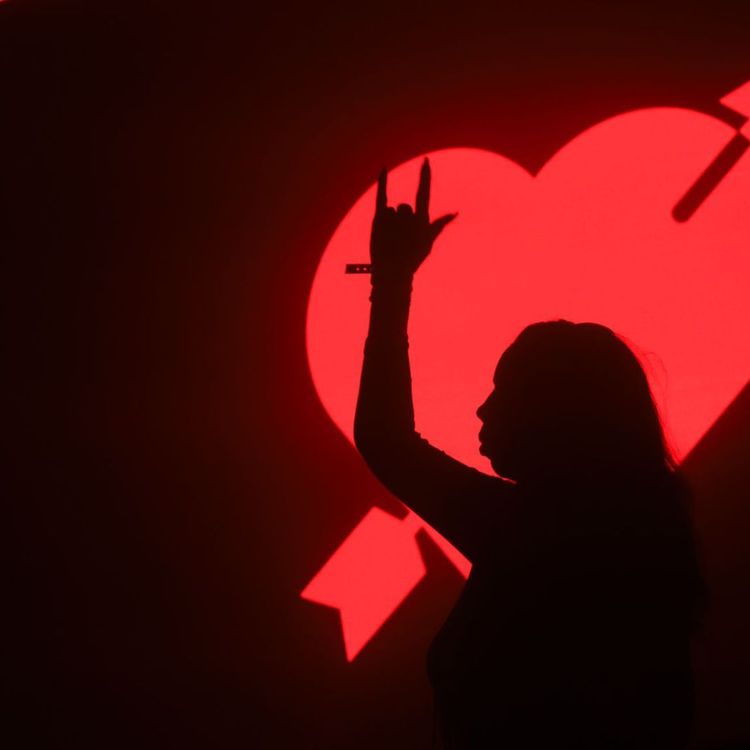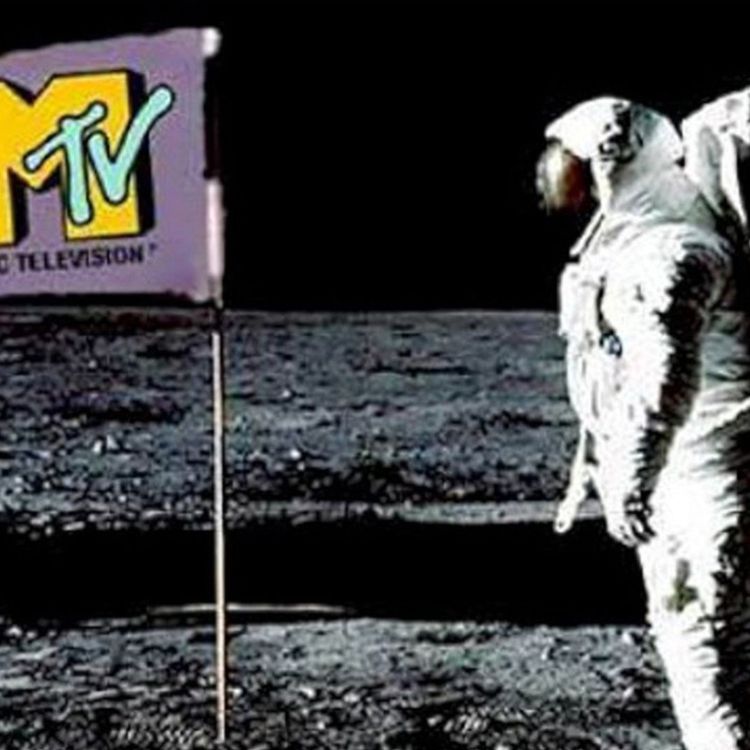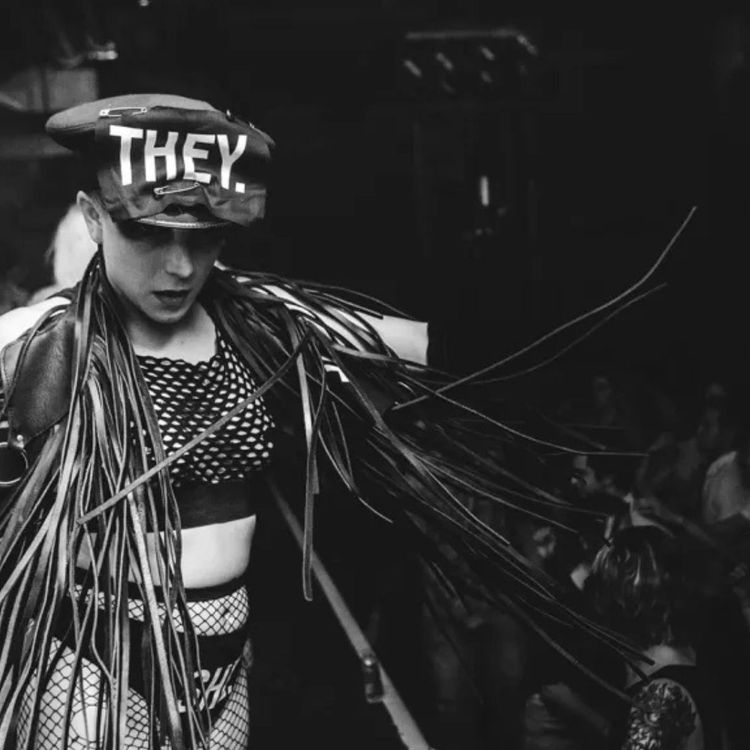Garage House and the New Jersey Sound
Some styles of music take their name from the places that germinated them. Such is the case with garage, the vocal-heavy, R&B-indebted, East Coast-identified house style that emerged alongside the trackier Chicago version. Its namesake is Paradise Garage, a club located for a decade, 1977 to 1987, at 84 King Street in Manhattan. Fifteen years later, Mel Cheren, a prime investor in the club, called the opening night a “disaster”—the sound equipment was stranded in a snowstorm. But once the Garage was truly ready, it gained a large and devoted clientele due to its DJ, Larry Levan.
Levan’s sets at the Paradise Garage were typically slower in tempo than Frankie Knuckles or Ron Hardy in Chicago but full of enough singular drive and drama to garner him a cult. “When I was going to the Garage in early days, Larry didn’t always blend the records together,” the late Boyd Jarvis said in 2013. “Sometimes, he just stopped and turned another one on.”
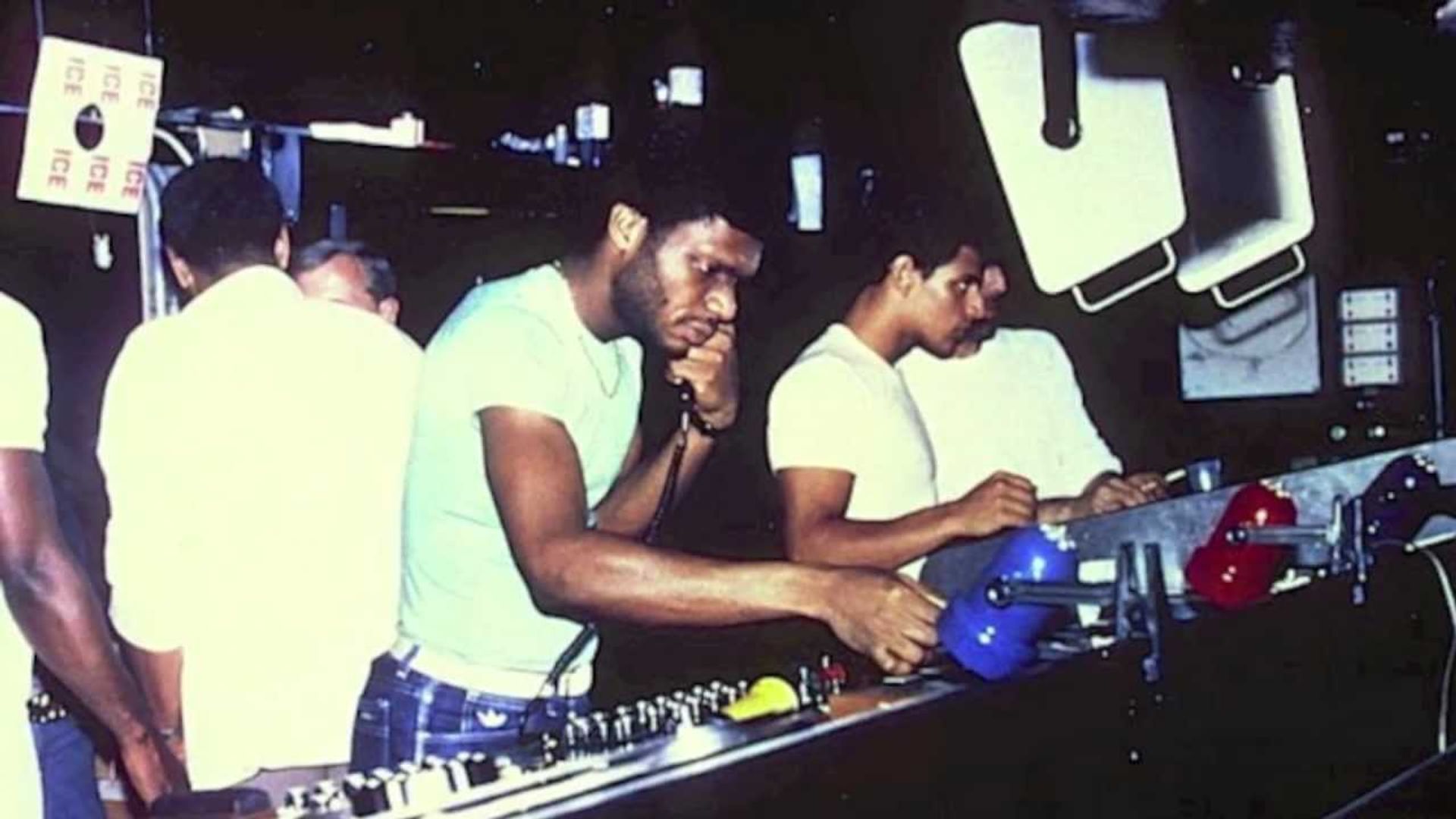
Larry Levan @ Paradise Garage
But Levan’s feel for drama carried even the jankiest segues. As Josh Milan of Blaze recalled, Levan “was the first DJ I heard to play different music. He would play a slow record or a Curtis Mayfield record. That to me was important. That was his contribution to my musicality. When I realized that you could do that sort of music in a club situation that opened up a new world.”
In the studio, he could knock out tracks and remixes that sparkled as they carried on. A twelve-minute rinse-out of Instant Funk’s “I’ve Got My Mind Made Up” (1979) cut to the knuckle before teasing out a full build for maximum effect, while Taana Gardner’s “Heartbeat” (1981) became a master class in suspension of tension. They’re also prime progenitors for what would come to be called dubbed garage.
But despite the style’s name, garage was defined by another DJ at another club. Tony Humphries was the resident at Newark, New Jersey’s Zanzibar 1982 until late 1990. While there, he began to move away from the more abstract elements of house in favor of something more traditional.
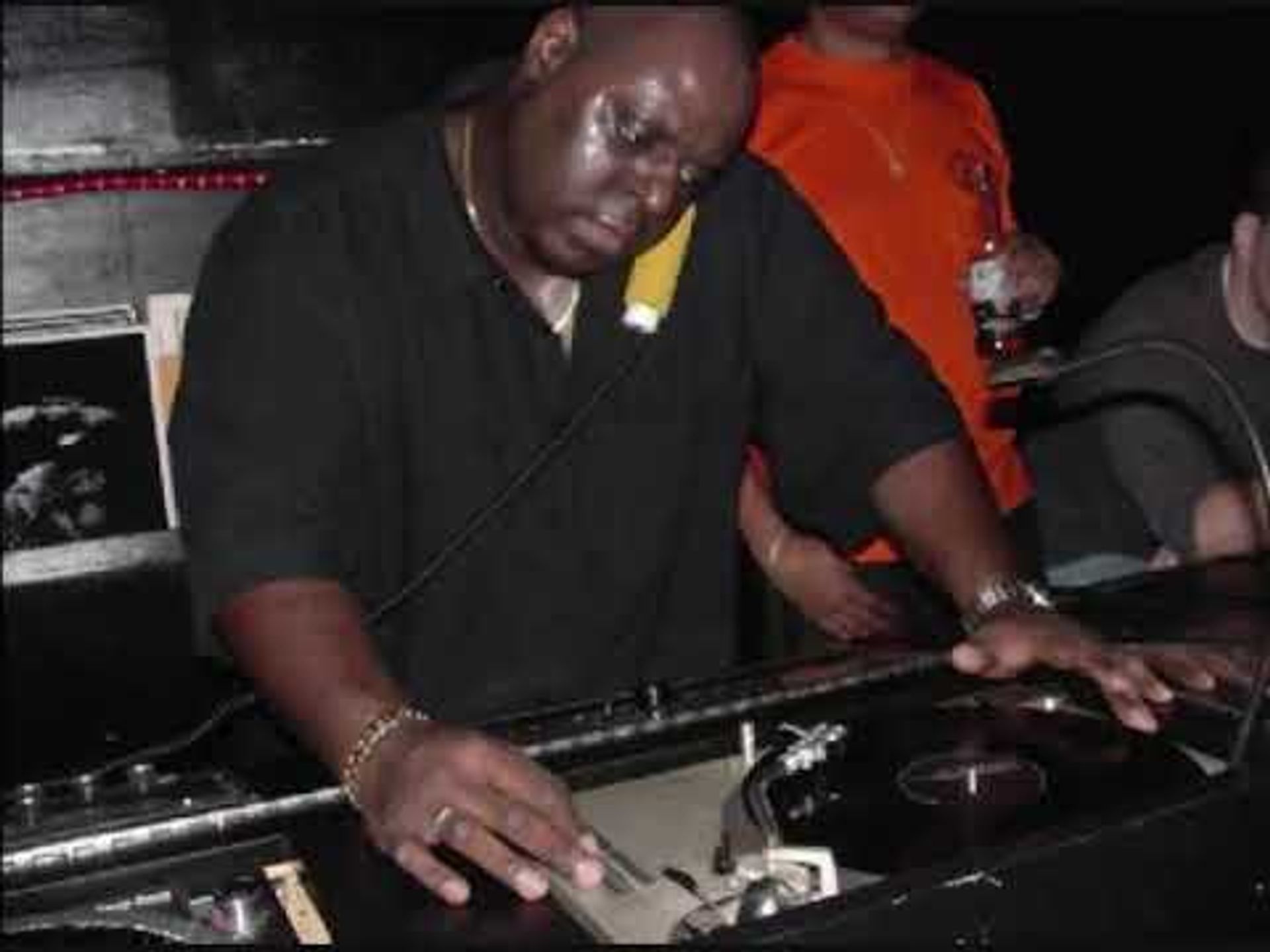
Tony Humphries at Zanzibar
“I would focus on more of the gospel part or more of the jazzy part or melodic part if there is a rhythm or guitar to it,” he told Jonathan Fleming in 1995. “The more it sounds closer to a real band or something from the past, then the more I’m gonna lean towards that.”
In his house history Pump Up the Volume, Sean Bidder noted that garage was a “conservative brew of soulful vocals, snappy hi-hats, and 4/4-pinned beat.” It took off “largely thanks to records by Adeva, Paul Simpson, and Blaze, who’d make tracks specifically for Humphries to play, in much the same way that others had tailored their tunes for Levan years earlier.”
They also tailored it to the clubbers who went to Zanzibar expecting to sing along. “House music lost its black audience and gained a big white audience when it became instrumental,” said writer Frank Owen, who attended the Paradise Garage’s final night in 1987. “Vocal house was very much in tune with that tradition of R&B, of the church. That was all jettisoned.” But not at Zanzibar, where vocals reigned supreme. New Jersey vocalist Adeva had the right idea in 1989, when she told Owen in Spin, “Perhaps they should call [garage] Zanzibar music.”

Barbara Tucker
Just ask the house-music singer and choreographer Barbara Tucker, who frequented Paradise Garage and Zanzibar. “Really, downtown Jersey is the capital of house music,” she said in 2013. “Unlike New York or Baltimore, it’s not strange for you to hear somebody blasting house music constantly in their car.”
After the Paradise Garage closed, many of its regulars began spending their weekends dancing to Junior Vasquez at the Sound Factory in the early 90s. “It was like there was a void when the Paradise Garage closed and we wanted to fill it with a party that was special, so that’s why we decided to do a members only party,” Vasquez recalled. “We didn’t think anything big was gonna happen but boy was we wrong!”
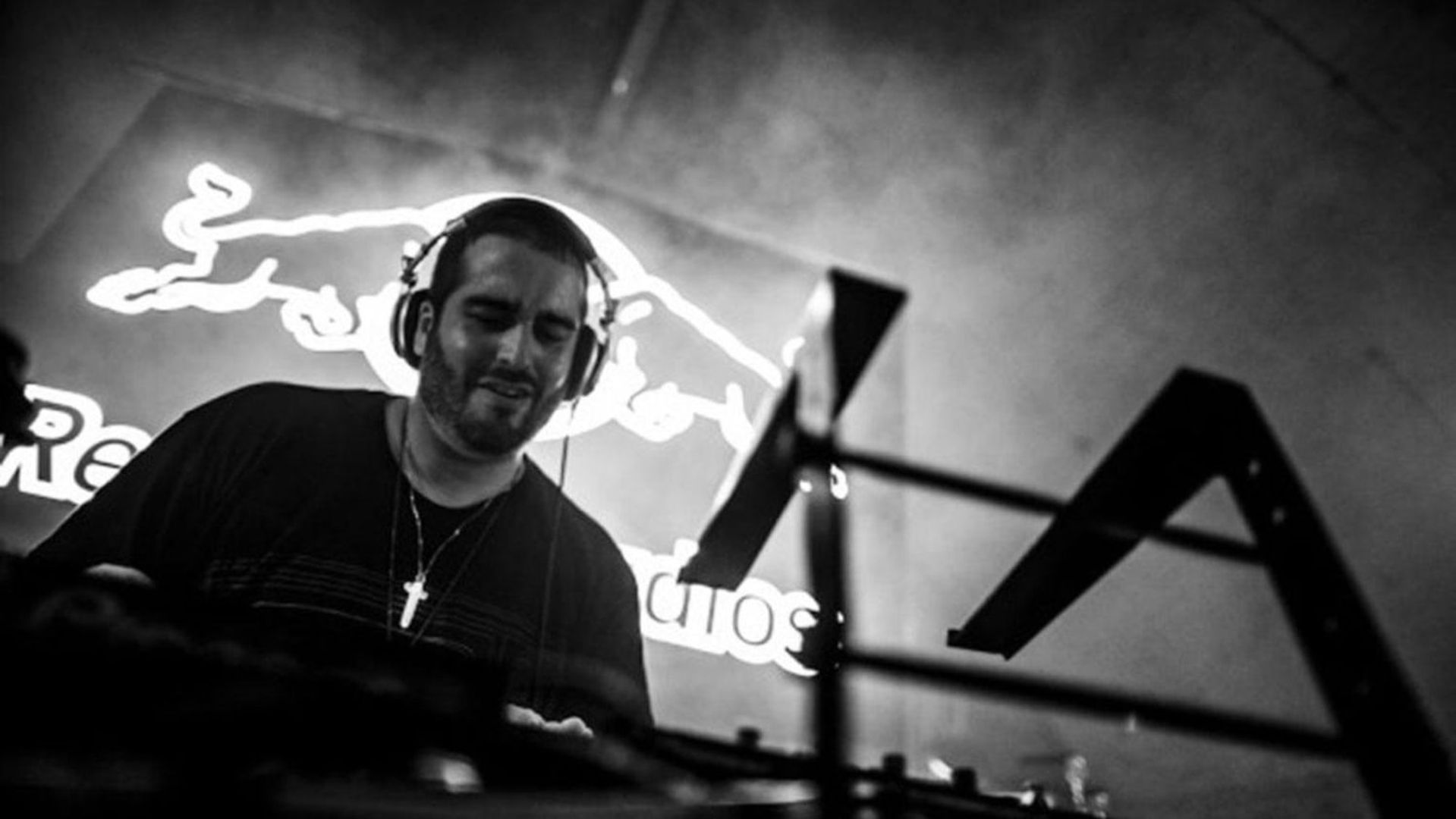
Todd Edwards | Credit: Red Bull Music
Another Jerseyite, Todd Edwards, would foreshadow garage’s next wrinkle. Inspired by MK (Marc Kinchen), the Detroit-bred producer who made sampled snippets into instruments of bubbling syncopation, Edwards took the approach to dizzying levels, first on a series of remixes, many for garage artists, such as his reworking of Da Mob feat. Jocelyn Brown’s “Fun.” In the UK, DJs (particularly DJ EZ) began speeding up these tracks—the stepping stone to UK garage. But that’s another story.


